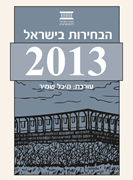

Publications Regarding Elections 2013
Articles

How Often Elections Are Called in Israel and Around the World
On average, since 1990 elections in Israel have been called every 2.8 years.

The Length of the 19th Knesset's Term vs. Previous Knessets
This Knesset stands to be the second shortest in Israeli history if elections are held in March or April 2015.
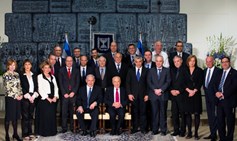
The New Israeli Cabinet: An Overview of the 33rd Government of Israel
Written By: Prof. Ofer Kenig
How many parties make up the 33rd government of Israel? How many first time ministers does the cabinet have? What is the breakdown of men and women in the government? Dr. Ofer Kenig presents an overview of the 2013 Israeli cabinet.
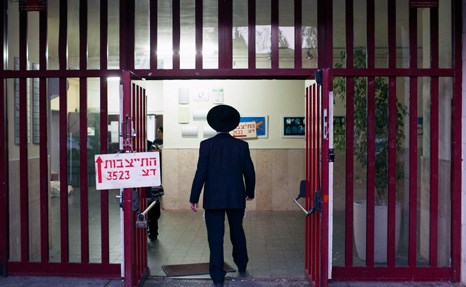
The Haredi Draft: The Need for an Alliance of the Moderates
Written By: Prof. Yedidia Z. Stern
Prof. Yedidia Stern calls for a historic alliance between religious and secular moderates that will yield a solution that will that will yield a solution that addresses the need for ultra-Orthodox army service while taking into account the most important values of the Haredi community.
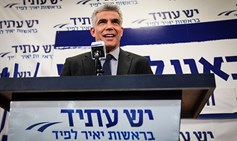
The 2013 Elections: The Liberal Right Decided
Written By: Dr. Amir Fuchs
What explains the extraordinary accomplishment of Yair Lapid’s Yesh Atid party in the 2013 Knesset elections? IDI researcher Attorney Amir Fuchs points to one factor that is sometimes overlooked: the fact that the liberal right was left without a political home in the elections of 2013.

A Coalition of Hope
Written By: Prof. Yedidia Z. Stern
Following the elections of 2013, IDI Vice President Prof. Yedidia Z. Stern hails the incoming Knesset as a unique opportunity to change the nature of the State of Israel so that it is both more Jewish and more democratic at the same time.
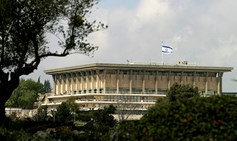
The 2013 Knesset Election Results: A Preliminary Analysis of the Upcoming Parliament
Written By: Prof. Ofer Kenig
IDI researcher Dr. Ofer Kenig draws conclusions from the trends that emerged on Election Day and sketches the anticipated nature of the 19th Knesset.

Women’s Representation in the Knesset: Is it Sufficient?
Written By: Prof. Ofer Kenig
The 19th Knesset is expected to have a record number of women MKs. Nonetheless, the percentage of women in the Knesset is lower than that found in the parliaments of most other established democracies. IDI researcher Dr. Ofer Kenig provides an overview of the situation.
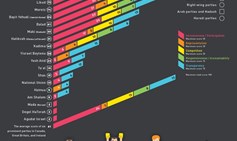
The Party Democracy Index 2013
Written By: Prof. Gideon Rahat, Dr. Assaf Shapira, Michael Philippov
The findings of the Party Democracy Index, a new tool designed to evaluate the level of democracy within political parties, which was designed by IDI's political reform research team and released in advance of the 2013 Knesset elections.
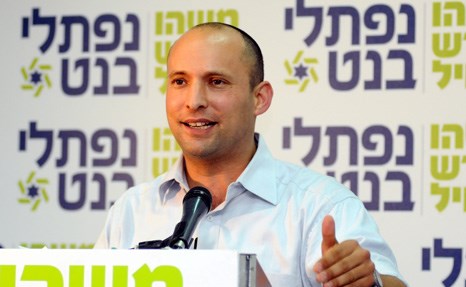
Habayit Hayehudi and Refusal of Orders: The Real Question
Written By: Prof. Yedidia Z. Stern
Naftali Bennett's statement that he would refuse orders if commanded to evacuate settlements raises questions about the type of insubordination that he and his party condone. In an op-ed in Yedioth Ahronoth, Prof. Yedidia Stern calls on Habayit Hayehudi to clarify its position on the matter.
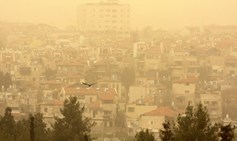
Brushing Off the Dust
Written By: Prof. Ofer Kenig, Nir Atmor
In an article written before the elections for the 19th Knesset, IDI researchers Ofer Kenig and Nir Atmor focus on five elements of Israel’s political system that they believe are in dire need of change.
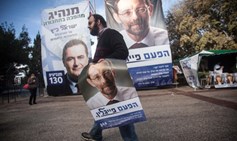
Primary Season in Israel
Written By: Prof. Ofer Kenig, Dr. Assaf Shapira
IDI researchers Dr. Ofer Kenig and Assaf Shapira review the different ways in which Israeli parties choose their candidates for the Knesset, while focusing on the three parties that had primary elections this year: Habayit Hayehudi, Likud, and the Labor Party.

Elections in the Shadow of War (2012)
Israel's launch of Operation "Pillar of Defense" just before the elections for the 19th Knesset is reminiscent of the launch of "Operation Cast Lead" before the elections of 2009. Should the elections be postponed? Dr. Dana Blander discusses elections during times of war, in Israel and abroad, from an historical-legal perspective.

